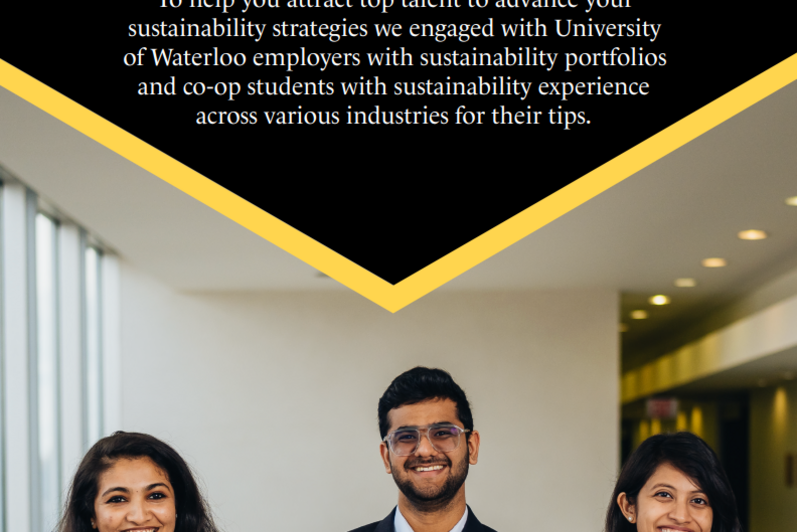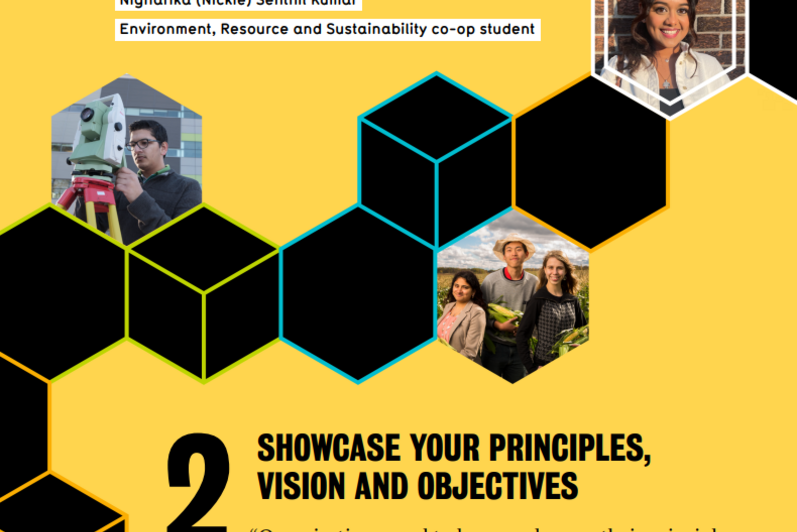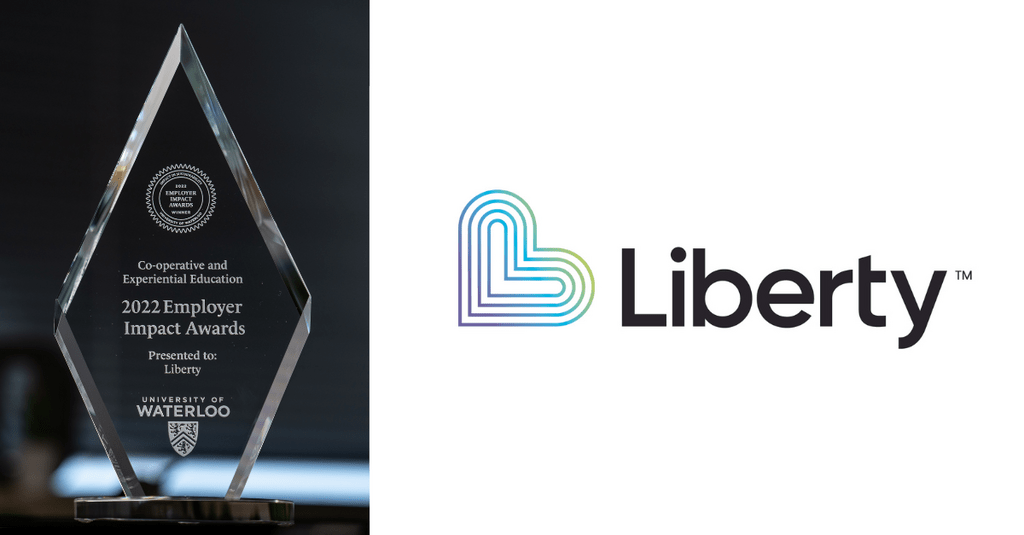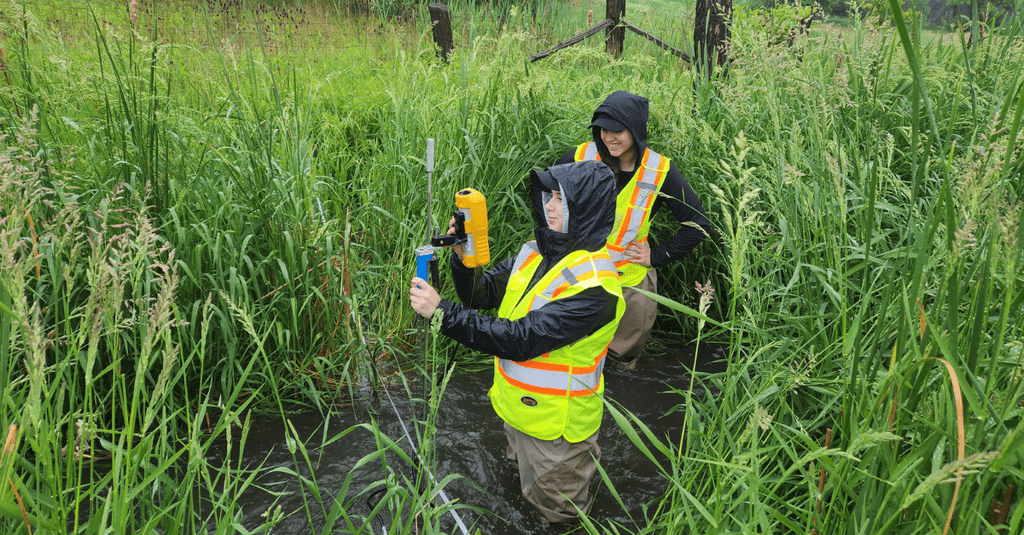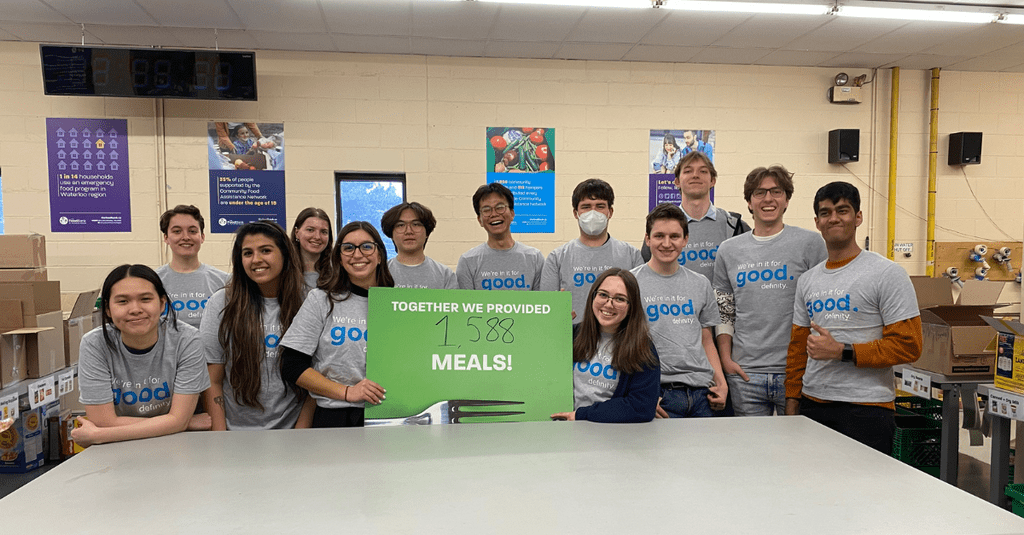Want to attract emerging talent to help drive sustainability goals and SDG initiatives in your organization?
Employers, hiring managers and recruitment specialists take note. Emerging talent want work that supports a greener and more equitable future. By 2025, Generation Z (Gen Z), will account for 27 per cent of the workforce. Born between 1996-2014, Gen Z is the most diverse group to ever hit the workforce. Research from Waterloo’s Work-Learn Institute (WxL) shows that Gen Z values differ from those of previous demographic cohorts.

Sneak peek at what's inside ↓
Gen Z wants to make an impact!
As employees, they value benevolence (helping others), hedonism (enjoying life) and self-direction (exploring curiosities). Gen Z was raised in a digital world and lived through a global pandemic. Today, they experience the effects of climate change and ongoing racial injustice. They want to drive change.
Advancing sustainability goals through the strategic framework of environmental, social and governance (ESG) are an important reflection of Gen Z’s lived experience. Research from WxL indicates Gen Z talent expect balance and security in the workplace.
They will prioritize a workplace culture that considers equity, diversity, inclusion, and anti-racism (EDI-R). These are at the foundation of ESG and the United Nations Sustainable Development Goals (UN SDGs).
Is focusing on sustainability and ESG key to Gen Z?
Yes, according to research from WxL. Before working at a company, Gen Z talent will look at the company’s ESG goals and performance:
How employers are utilizing co-op students to support ESG
Roles sustainability-focused co-op students are taking on
Waterloo co-op students and employers champion sustainability
Co-op students help drive sustainable future at Liberty Utilities
By Namish Modi (he/him)
Clean energy organization utilizes students to help achieve environment, social and governance (ESG) targets.
Engineering solutions to environmental challenges with GHD
By: Krista Henry (she/her)
How Waterloo co-op students play a vital role in supporting sustainability
Waterloo co-op students help drive sustainability at Definity
By: Namish Modi (he/him)
The organization prioritizes the environment, inclusion and community involvement with student support.
